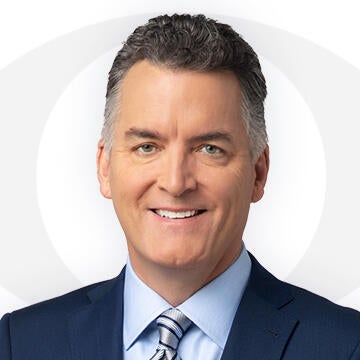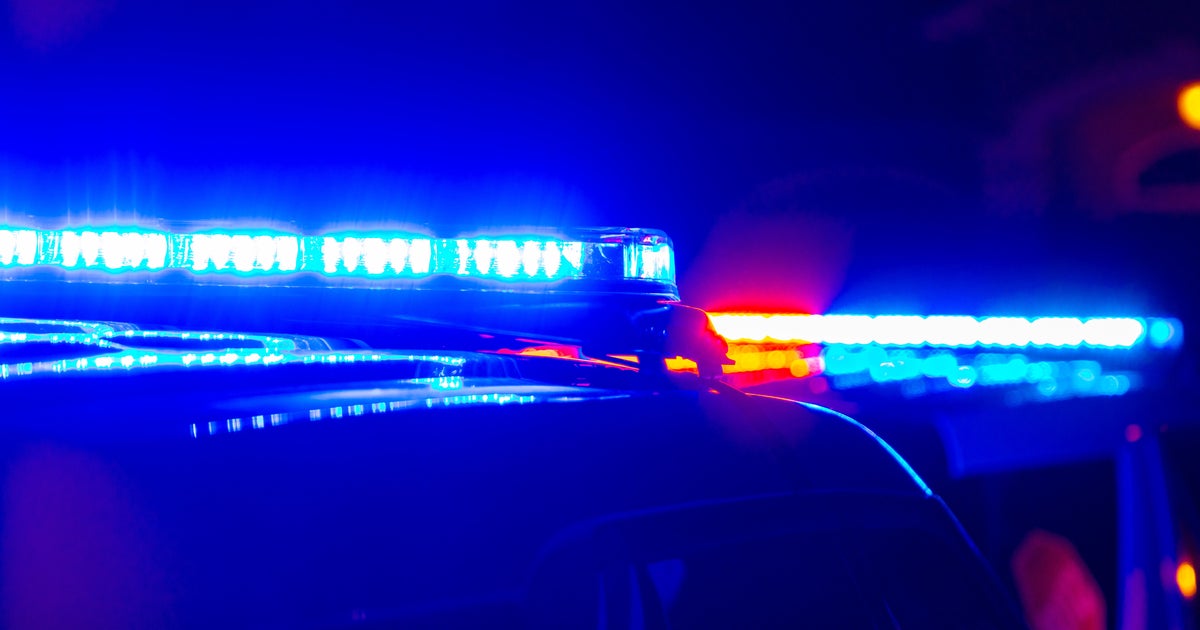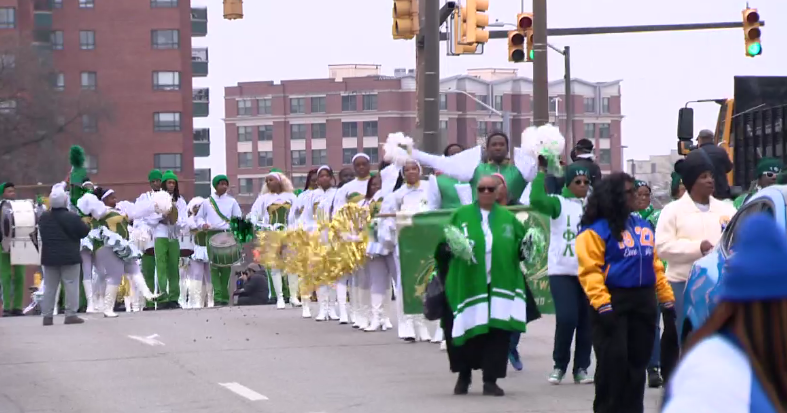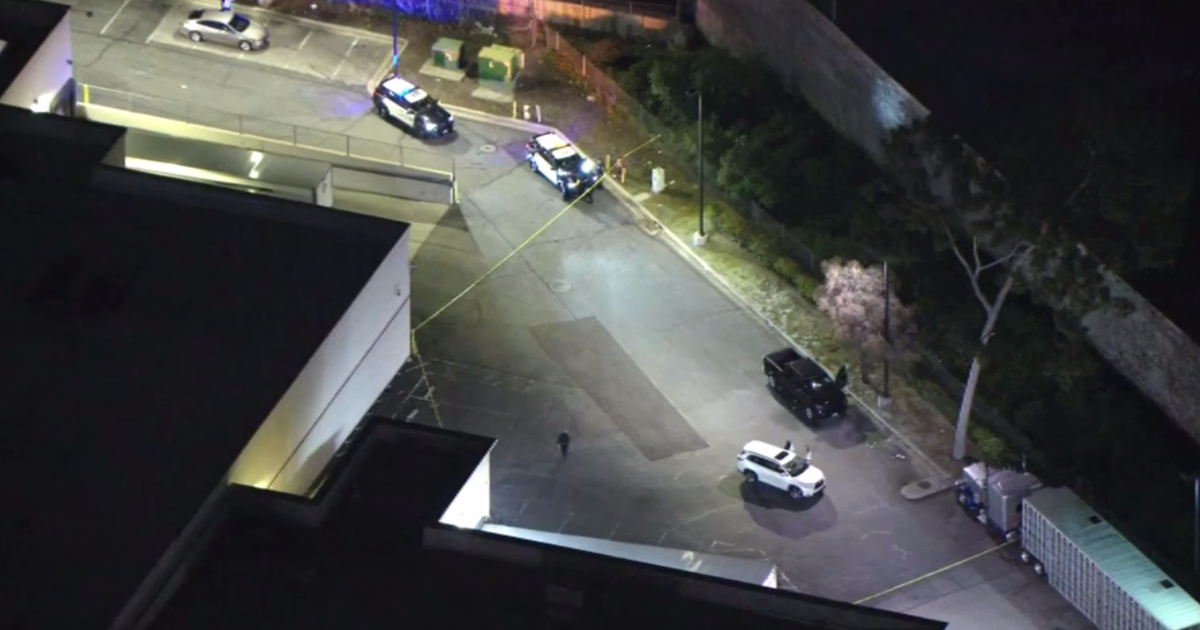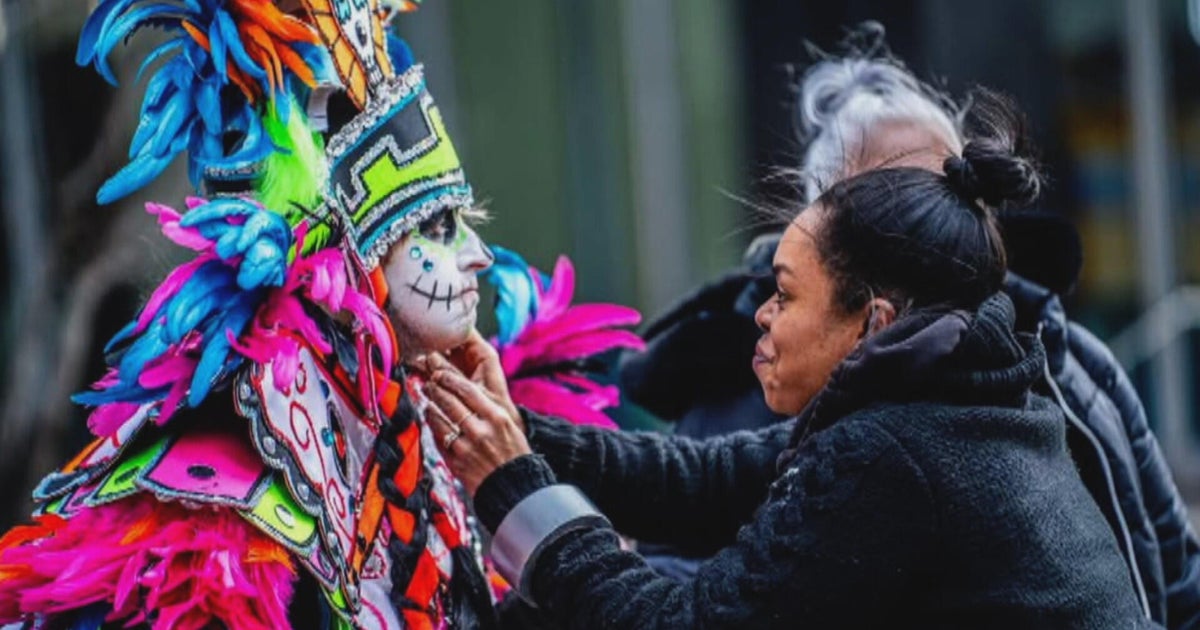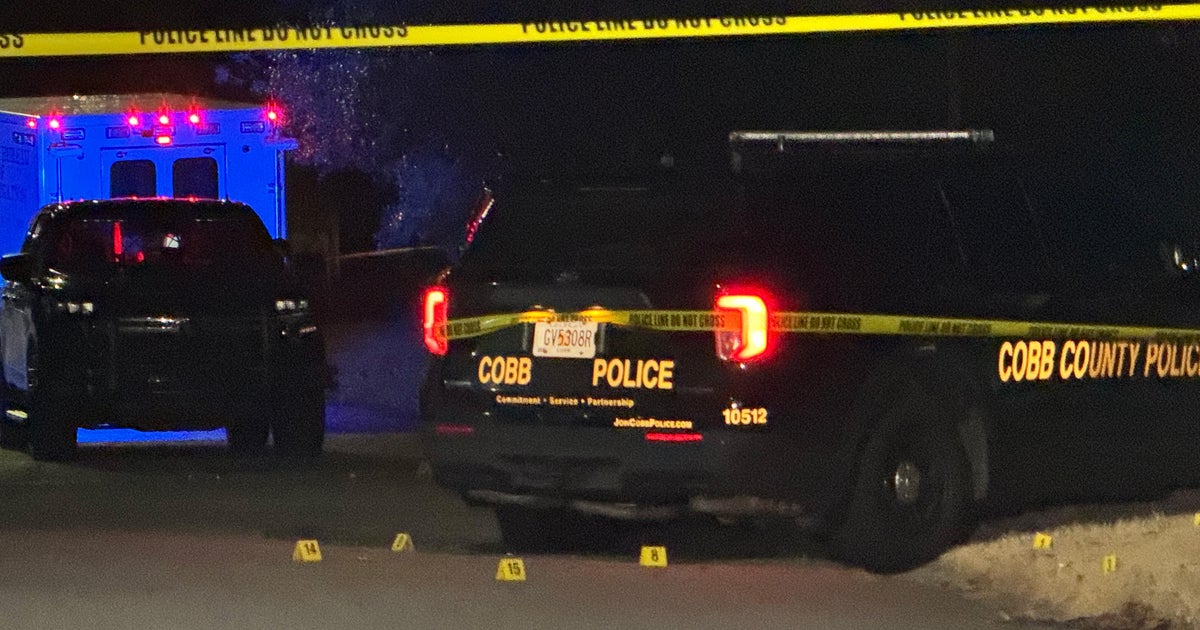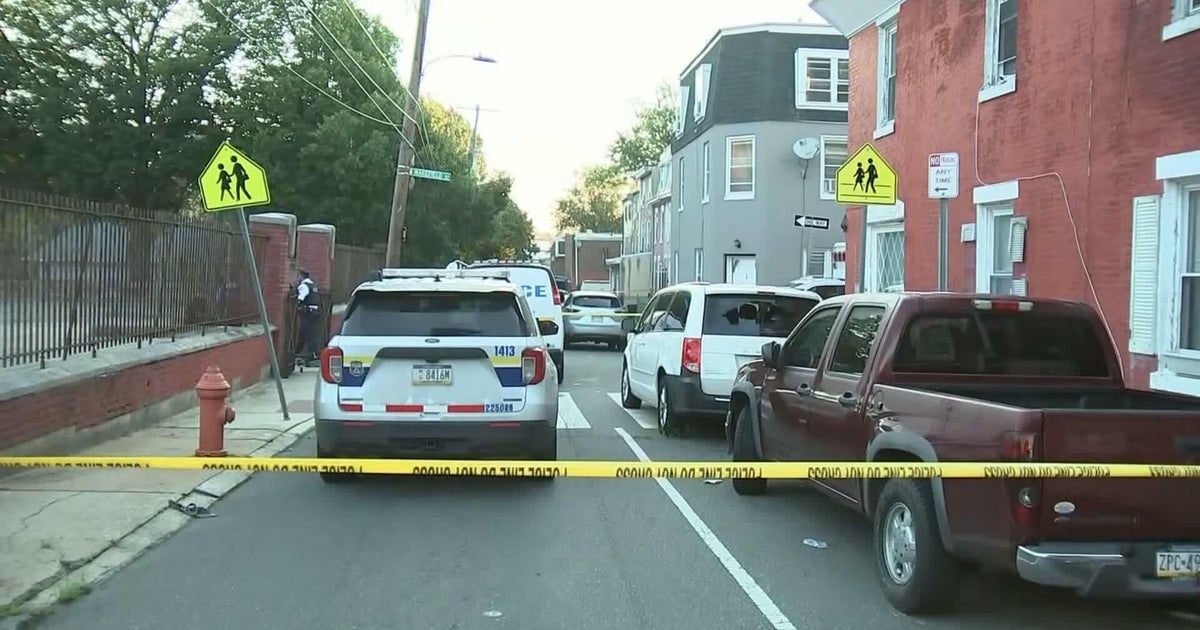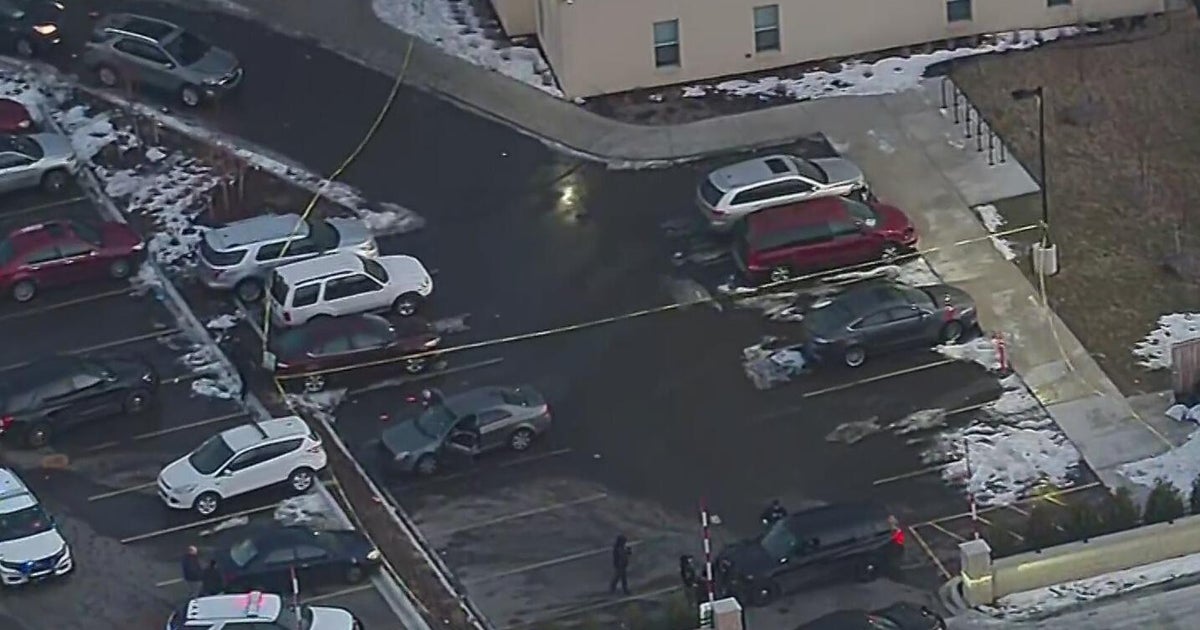Highland Park officials reflect on one-year remembrance of parade shooting
HIGHLAND PARK, Ill. (CBS) – In the days, weeks, and months after the shooting, we shared their stories and struggles.
Now, one year later, as they move forward, it's important to also remember and reflect.
CBS 2's Joe Donlon sat down with Highland Park Police Chief Lou Jogmen, Fire Chief Joe Schrage, and President of North Shore University HealthSystem Gabrielle Cummings as they recall the events following the parade shooting.
Jogmen: You know, it was starting off as a really beautiful, beautiful July 4th morning.
Schrage: Usually, it's a peaceful parade, but I noticed the police officer cocked his head and listen to his radio, and did a second take. And suddenly I saw him throw his water bottle, turn around and run full speed back towards downtown.
Jogmen: I was with my family just a couple minutes earlier, I said my goodbyes to them because I had something to attend to and kinda started walking towards City Hall when I did hear, what I knew, was unmistakably gunfire.
Cummings: So, I remember getting a phone call from one of my team members that morning who said, Gabrielle, we have a person, at that point who's walked into the hospital with a gunshot wound. Two minutes later, I get another phone call that says we have two or three."
Donlon: When you find yourself thinking about what happened, is there one incident, one person, one thing that haunts you?
Gabrielle: Yes. Uh, there was one patient whose hearing aids I had to keep. And I had to keep his belongings in a bag for the FBI. And his hearing aids were putting off a really high-pitched noise. And I had nightmares about that for probably a week. Because it was such a distinctive piercing sound. And I couldn't get it out of my mind. So, whenever I hear a pitch like that it brings me back to that place. That's something that replays in my mind often.
Donlon: Did he survive?
Gabrielle: He did not.
Donlon: You weren't able to give him his hearing aids back.
Gabrielle: No, we had to give his hearing aids to his family.
Schrage: Nobody that got hired in HP thinks they'll be a combat medic, that day it felt like that. It felt like we were at war.
Donlon: Can you talk about how the community responded and how everyone responded?
Jogmen: Everybody really did work collectively in this and it was something to see, again, people working shoulder to shoulder.
Schrage: Shortly after the incident, we actually asked other towns to come and cover our stations so that way we could be there for each other and walk through some of the pains and debrief that we experienced that day and those offers have continued to be there.
Cummings: I also think that the strength and resilience of my team at Highland Park Hospital. I also think about the strength and resilience of Lou and Joe's teams and how we came together as a collective community and saved people's lives that day.
Donlan: How do you prepare for that?
Schrage: Training is how we really prepare for it. Unfortunately, the threat's been real for a while. As far as active shooter situations, it's not foreign to our narrative. So we always planned, just in case we did Rescue Task Force drills together with our PD.
Donlon: Lou, I'm sure you've been contacted by a lot of departments, now that you've had this unfortunate experience. What do you tell people as far as training?
Jogmen: Absolutely training is key, you know, to navigating, successfully mitigating any type of instance like this and, for us, we certainly benefited from those poor communities that have gone before us. So, each and every time something like this happens. There are takeaways there are lessons to be learned and we've tried to make sure that we've opened ourselves up to those lessons as these things have happened across the country. Our hope is to pay that forward – anything that we are able to share with communities going forward, they too will be able to take something away.
Donlon: Chief, will it be difficult, do you think, for the community to do this again on the Fourth of July or do you think in some way it will be beneficial?
Jogmen: Our hope is we want to put ourselves in a position to help people find their path forward in any way they can, and so I know our city is really putting a lot of work and energy into designing this year to do that. Knowing that not everybody's going to be in the same place.
Schrage: I found it interesting that my wife was actually, just made the assumption when I asked are you coming on the 4th, and she says, yeah, absolutely. My whole family was in that parade and—and, they felt the trauma of it, they saw things that day that I never want them to see again.
Donlon: Gabrielle, someone calls you in your similar position in another city and says what's the most important thing I need to know? what do you tell them?
Gabrielle: That being in public service and being in healthcare has a calling and we have a responsibility to do whatever we can to support our communities and one another. And the team that's around you will absolutely rise to the occasion.
Jogmen: You know, the strongest steel goes thru the hottest fire. So, there's no doubt that our community enduring this together, and processing it together and working—moving forward together, has made the community stronger. I mean, there were people that were huddled together that they never knew, you know, in the basements of stores in our business district for hours and hours. There were business owners that took in people, you know, locked the door, protected them. So, yeah it's a special place, it really is and it's unfortunate that these circumstances have happened. But to watch and see how uplifting it is for everybody to pull together that has been, you know, that's been meaningful.
